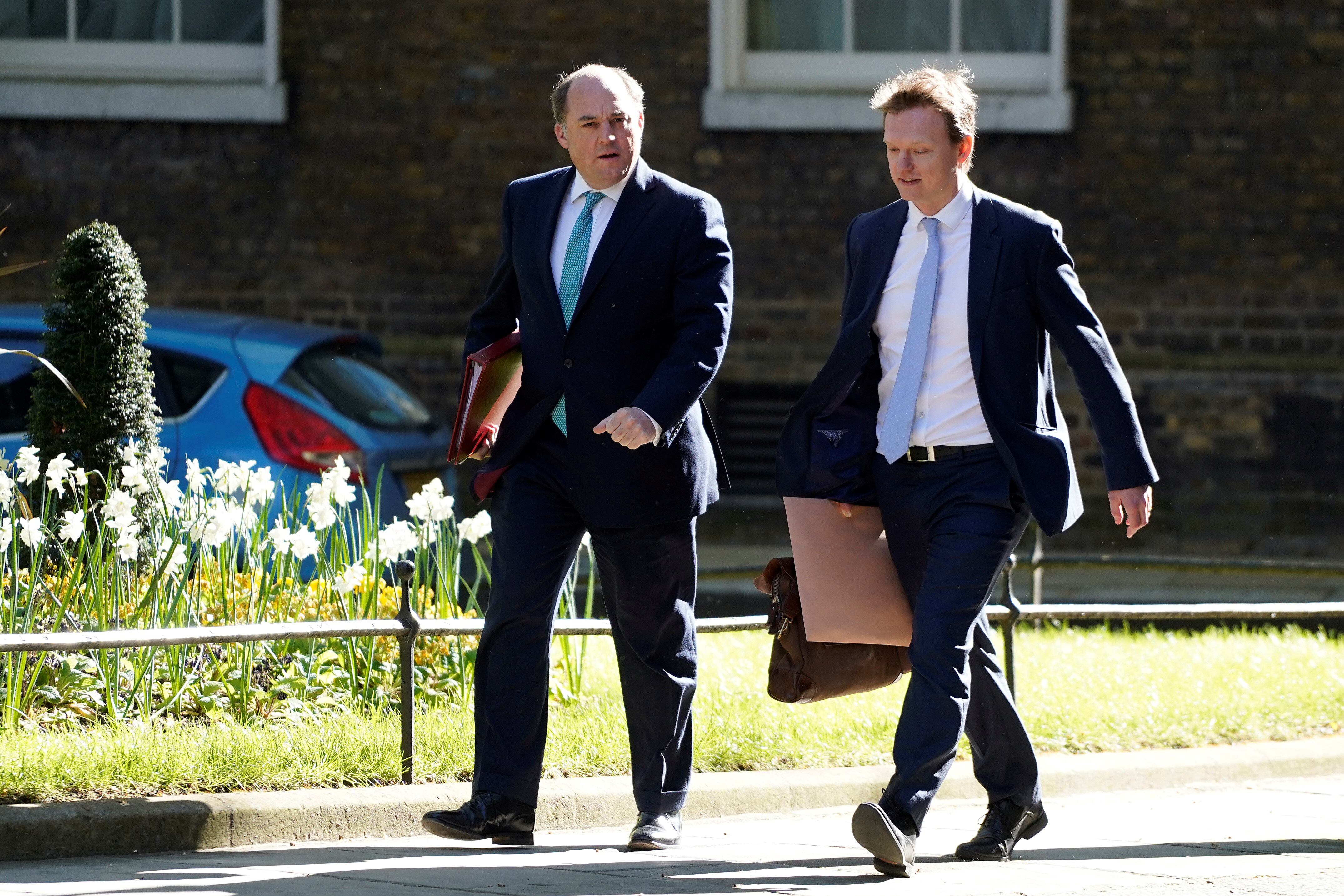BRUSSELS – A report predicts that Brexit will be “more harmful and long-lasting” for the British army and U.K.’s defense sector than for the European Union.
The exhaustive study by the Warsaw Institute, a leading European think tank, warns that the U.K.’s exit from the EU means existing arrangements and defense cooperation agreements “will need to be reassessed, completely changing the defense landscape of Europe.”
It says, however, that an extension to the current transition period, set to end on Dec. 31, would “mitigate damage” caused by the split.
Conversely for the EU side, it suggests that the British departure may have a “healing result,” as both France and Germany will be able to pursue “more comprehensive” defense policies for the remaining member countries.
Such moves, it adds, was often blocked by the UK, “which believed that NATO would be sufficient as European peacekeeper.”
Publication of the report by the Polish Institute is timely as the 1 July deadline set by both the EU and U.K. for deciding if there will be an extension to the talks is fast approaching.
RELATED

The document paints a largely grim picture for the post-Brexit defense sector, pointing out that companies from across Europe buy or sell parts to various British companies.
A no-deal Brexit, which, given the lack of progress in the ongoing trade talks, most analysts currently say is by far the most likely outcome at the end of the year, “would mean price hikes and possible delays in European projects relying on British parts or know-how.”
Companies likely to be impacted include industry giants like Airbus and products as “complex and important” for European security as the Eurofighter Typhoon.
The independent institute, which specializes in geopolitics and international affairs, notes, “The expected crisis can be averted either by a free trade agreement or, should this option not be possible, a bilateral trade agreement between UK and several if not all EU27 states abolishing tariffs and border checks.
“Should these measures not be in place, many projects run by European companies may be hit with delays or even cancellations.”
The predicted consequences of Brexit for the British army and U.K.’s defense sector are more harmful and long-lasting than those expected to be felt by the EU.
This, the non-profit Institute argues, is because Brexit “will strip the U.K. from valuable training opportunities and will take away some of its international power-projection abilities.”
“The U.K. will no longer be able to affect the policies that are agreed upon as the part of the Common Security and Defence Policy," or CSDP.
RELATED

But the “biggest downside” of the divorce will be that fewer resources will be available to make up the future peacekeeping and advisory operations run by the EU worldwide.
“There will also be less finances available for these operations coming from the CSDP as there will be less contribution paid towards it.”
The third round of talks between the two sides concluded last Friday with little progress being made. The UK government has ruled out an extension to the transition period.
David McAllister, Chairman of the Committee on Foreign Affairs in the European Parliament, said, “From the very beginning, it was to be expected that the negotiations would not be easy. But we started them from a position of certainty, goodwill, shared interests and purpose.”
The German MEP, also chair of the UK Coordination Group in the Parliament, added, “In my opinion, there is still a strong, shared interest of both the EU and the U.K. to sign an ambitious and comprehensive new partnership governing their future relations.”
Martin Banks covered the European Union, NATO and affairs in Belgium for Defense News.








